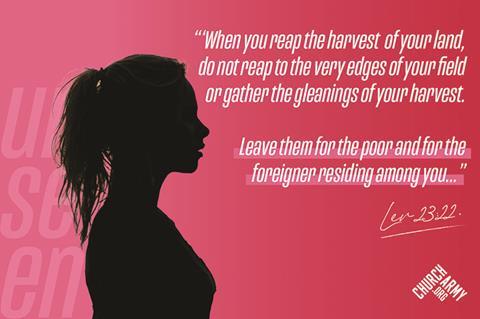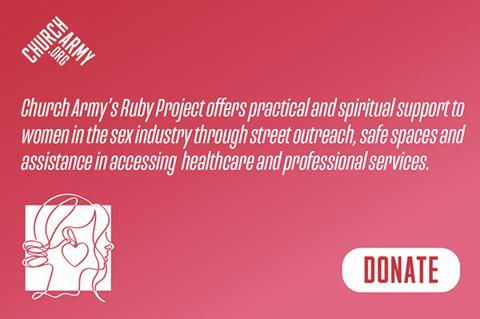Advertisement feature
In a conversation about our respective careers, a friend of mine said, ‘…well, the number at the bottom of my payslip is basically what I am worth.’ This struck me; it seemed a simplistic way to think of our value, but put bluntly, is this not the underlying way our society sees people?
It’s commonplace today that people are valued for their economic viability; meaning those who, for whatever reason, are not ‘productive’ members of society, become seen as somehow less valuable – or even invisible.
Let’s look at a couple of phrases we come across that signify these underlying values. ‘Working people’ or ‘working families’ will be familiar to many of us now; it’s been rolled out more often than usual over the last few weeks as politicians try to connect their policies to everyday life. Alongside this, think about what is behind the idea of ‘marginalised communities’ or those on the ‘fringes’.
These phrases tell us a lot; ‘working families’ are those who are considered to have paid their way, and their opinions, feelings, and desires are to be prioritised above others. A way those who are on the fringes, or margins, are often judged is that economic growth has been slow or non-existent compared to other areas. The ideas behind these phrases show us that built into the way our society works is what my friend said bluntly: people’s value is tied up with what they earn, and if they don’t earn, their value is less.
What does the Bible have to say about this view of people and communities? Quite a lot. As we saw in the previous blog in this series, Hagar is valued and cherished by God in the same way that Abraham and Sarah are despite the significant differences in their status in society.
In Leviticus and Deuteronomy, we see various laws put in place to safeguard those who, for whatever reason, cannot earn. Edges of fields are to be left unharvested (Lev 23:22) so those without can take the food left for them, something we see in practice in Ruth. Instructions are given not to take advantage of the poor in business dealings (Ex 20:23), and most significantly, every seven years a time of cancelling debts was declared (Deut 15). The idea being that concentration of wealth and land would be avoided.
“‘When you reap the harvest of your land, do not reap to the very edges of your field or gather the gleanings of your harvest. Leave them for the poor and for the foreigner residing among you. I am the Lord your God.’” (Lev 23:22. NIV).
As we move into the New Testament, we see Jesus calling people to follow Him, from the very rich to the very poor, and His early followers creating communities in Acts which cross economic boundaries.
The message is clear: all are welcome, all are valued, all are seen.
At Church Army, we seek to be generous and unconditional in all that we do. We want everyone we work with to know the incredible love that is found in God through the life, death, and resurrection of Jesus, whatever their economic situation. For example, we step in to support people like Mia, who felt she had no choice but to turn to sex work for survival.
Through your support, Church Army’s projects, like the Ruby Project exist to see those society overlooks. Within our drop-in centre, Mia found the care and help she needed to ultimately change her life after six harrowing years working on the streets.
Are we worth only our economic value? Or as people of faith, do we flip culture on its head and unconditionally show the love of God to the least seen in our society?
Partner with us today to share the hope of Jesus to those invisible to others.
Your generous giving will enable us to go to the places where hope is hard to find and be a lifeline for the unseen.
Donate at churcharmy.org/premier





























